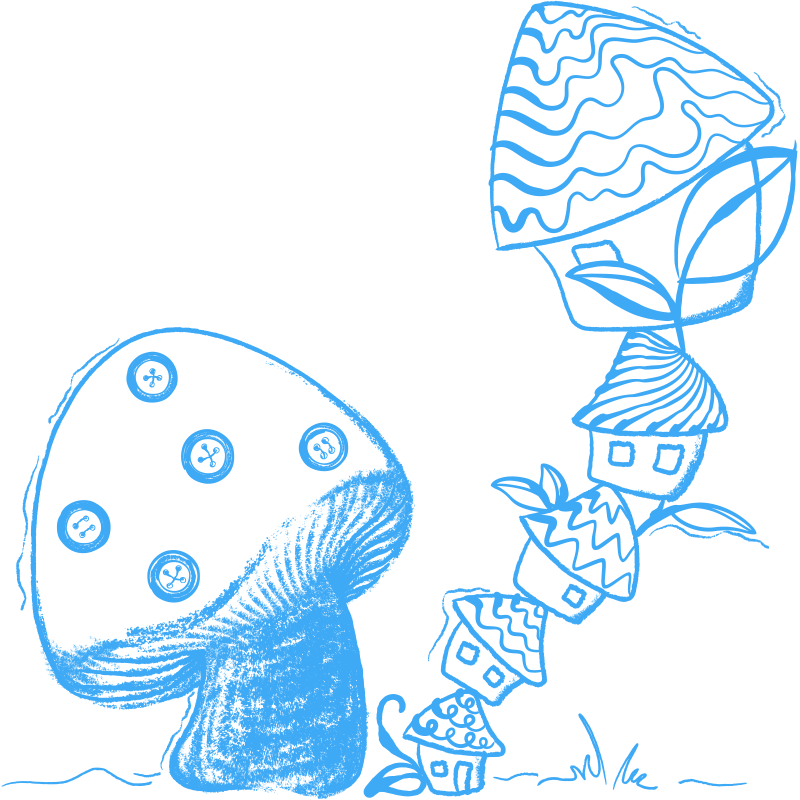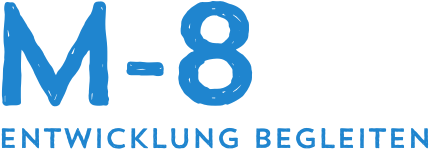Application

Accompany development
We develop throughout our lives. Each stage of our life has its challenges. According to our previous experiences, we approach everyday tasks differently. Negative experiences inhibit our further development. We cannot undo these experiences, but we can classify them correctly. The interdisciplinary approach of Evolutionary Pedagogy® helps to identify the causes of learning and behavioral blockages. This allows difficulties in the areas of school, work or relationships to be considered and solved.
Identify cause and find solutions
Suppose a child has had a bad experience with German or mathematics. Reading has never been his strong point and he often had difficulty following the teacher's instructions. Then, as an adult, he or she will be more hesitant to deal with these topics and will have less confidence, even though he or she could do more. Or, due to different sensory perceptions, it cannot do otherwise and needs special training to learn our cultural techniques. A timely recognition of the cause avoids a build-up of additional problems.
Or there was a formative experience while speaking in front of a group during school, or dealing with exams. Since then, one avoids speaking in front of people or approaching and completing further qualifications.
Untying old knots and forging new bonds
The goal of this work is to strengthen one's own life skills, and thus to gain a stress-free approach to all the challenges of daily life. Therefore, the areas of application of Evolutionary Pedagogy® are very complex. The AFS method makes it possible to identify the backgrounds of difficulties in learning to read, write or do arithmetic and to train them in a targeted manner. Practice shows that many behavioral problems of children have their origin in it.
Nothing works when blocked
We know that our brain partially shuts down in situations that we experience as stressful. Even with great effort, we cannot access our full potential. We are blocked.
Therefore, the focus is on the question from which brain developmental stage and thus, with which perception and which available abilities the person comes to the behavior in the respective situation. This learning and behavioral blockade is then solved with targeted exercises.
Excerpts of the areas of application of this method for children, adolescents and adults are:
Application
areas
Development topics
Developmental delays / language difficulties
Difficulty in determining handedness
Replacement kindergarten / childminder
Preparation school / school readiness
School Topics
Dyslexia & LRS / Dyscalculia & dyscalculia
Concentration problems / learning blockades / black-out
Time stress / homework stress / exam anxiety
Motivation problems / zero-buck attitude
Behavioural abnormalities
Shyness / social withdrawal / low self-esteem
Restless behavior / aggressiveness / nervousness
Adult Topics
Professional and private stress
Lack of decision making / excessive demands
Aim of the
Work
Recognising and dissolving one's own blockades
Strengthening self-esteem
Further development of own abilities
Increasing the ability to concentrate
Support in resolving fears
Increase in performance
One's own
success:



